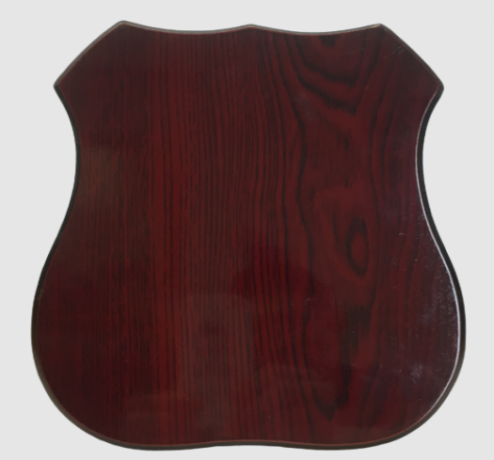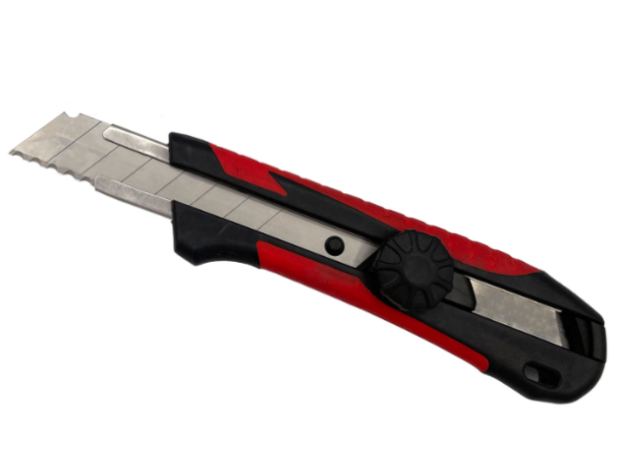
A working Heating, Ventilation, and Air Conditioning (HVAC) system is critical for a healthy indoor environment. That said, installing and maintaining an HVAC unit is expensive. Things become even more worrying when the coil tubing starts corroding within a year or two, contaminating indoor air.
One of the best ways to prevent this is through HVAC coil coating. Here’s everything you need to know about coil coating for industrial and commercial HVAC equipment:
What is HVAC Coil Coating?
HVAC coil coating is the process of applying a protective layer over the metal surfaces of the coils. This includes:
- Condenser coils
- Finned tube coils
- Refrigeration coils
- Evaporators
- Other HVAC components, such as fans, blowers, dampers, and fuel hoods
Keep in mind that high-quality HVAC coil coating doesn’t negatively impact the heat transfer efficiency of the overall unit.
Benefits of Coil Coating
So, how can HVAC coil coating benefit industrial and commercial HVAC systems? Here’s a closer look:
Corrosion Protection
Corrosion is one of the leading causes of premature HVAC coil damage and wear. Two common types of corrosion include pitting and formicary. Pitting corrosion is caused the presence of chlorides and fluorides, typically found in cleaning detergents, fabric softeners, and paint strippers.
Formicary corrosion is caused organic acids found in industrial products, such as latex paints, adhesives, and plywood.
HVAC coil coating will act as a barrier, protecting coils from corroding agents like salts and moisture.
Energy Efficiency
As hinted earlier, coatings don’t lower the heat and energy transfer powers of HVAC coils. In reality, when the coils are free from pollutants, they’re more likely to ensure better heat transfer.
Extended HVAC Lifespan
One of the best ways to extend the lifespan of your HVAC unit is coil coating. It will need little to no maintenance and work seamlessly for years. This will ensure an excellent return on investment.
Types of Coating
When you hire a coil coating contractor, the first thing they’ll consider is the type of coating appropriate for your needs. Here are four types of coatings you should know:
Epoxy
Epoxy or phenolic-based coatings are the cheapest option available. The good news? They offer excellent adhesion, durability, and resistance to moisture and chemicals. If you’re looking for a budget-friendly coil coating option that also ensures functionality, an epoxy coating is the way to go.
Polyurethane (PU) Coating
PU coatings have been around for decades. They are known for flexibility: They can be as bouncy as rubber and as sticky as glue. PU coating can protect HVAC coils from extensive wear and tear.
Silane Coatings
Silanes are coupling agents that bond one organic and one inorganic material. Some silane formulations offer excellent flexibility and starch resistance. While silane coatings are somewhat more expensive than polyurethane and epoxy coatings, they can ensure maximum heat efficiency.
Fluoropolymers
They are known for being excellent resistors to acids, solvents, and bases. The benefit? Harsh chemicals and environmental agents won’t affect your HVAC coils.


